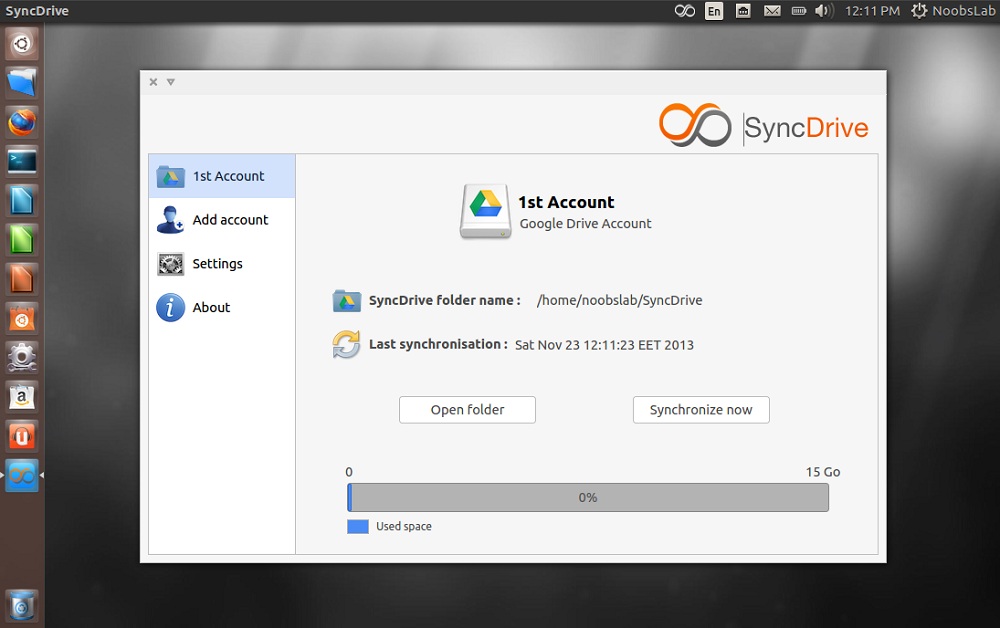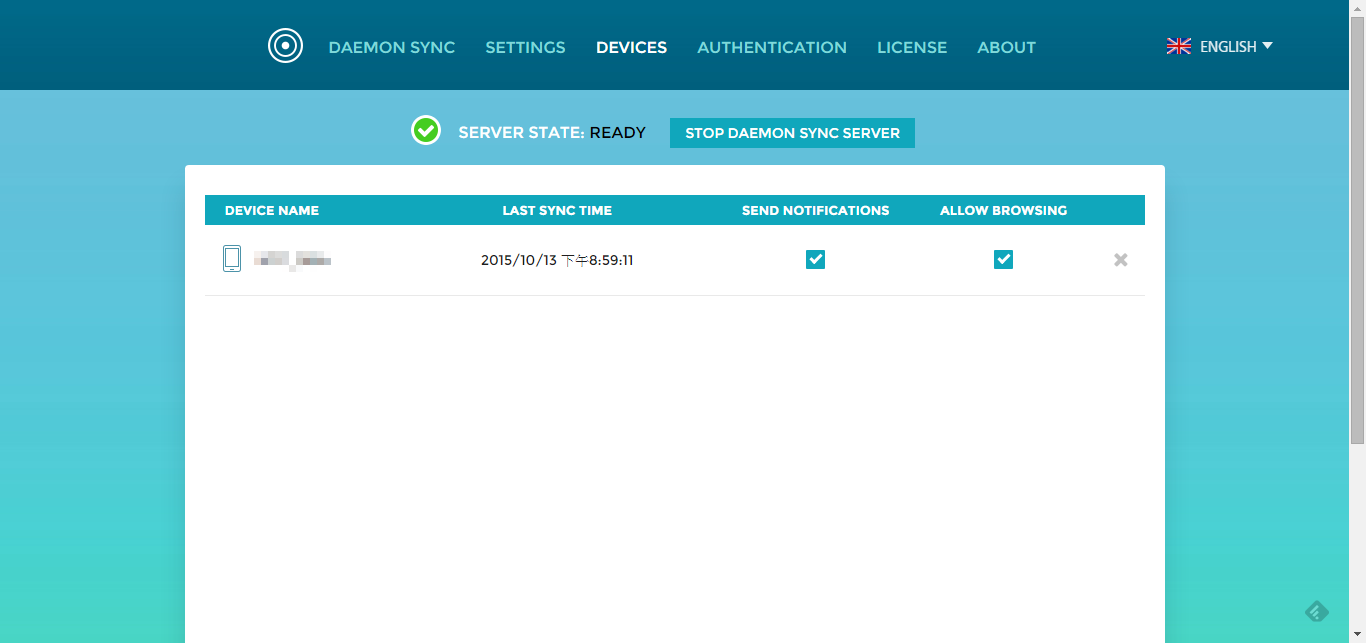

Thu Mar 24 19:38:41 2022 Normal: Finished a list after exitcode: 0Ĭheck the status log sudo tail -50 /var/log/lsyncd/lsyncd.status Lsyncd status report at Thu Mar 24 19:38:51 2022 Thu Mar 24 19:38:41 2022 Normal: Calling rsync with filter-list of new/modified files/dirs Thu Mar 24 19:37:59 2022 Normal: Startup of /home/itnixpro/Documents/data/ -> /home/itnixpro/sync_documents/backup/ finished. Thu Mar 24 19:37:59 2022 Normal: recursive startup rsync: /home/itnixpro/Documents/data/ -> /home/itnixpro/sync_documents/backup/ Thu Mar 24 19:37:59 2022 Normal: - Startup, daemonizing. Once the command run, check the Lsyncd status and log files sudo tail -50 /var/log/lsyncd/lsyncd.log Thu Mar 24 19:37:59 2022 Normal: - TERM signal, fading. do touch $HOME/Documents/data/file$i done Next, create Lsyncd status and log files sudo mkdir /var/log/lsyncd I will make a new directory called “data” under my documents directory mkdir -p $HOME/Documents/dataĪdditionally, I will create the destination directory as follows mkdir -p $HOME/sync_documents/backup To demonstrate this, let’s create a source folder where my data to be synced will be stored. Remote syncing involves syncing files to a server while local syncing is for data within your local computer. Lsyncd can be configured for both local and remote syncing. Sample output Version: 2.2.3 Configuring Lsyncd on Ubuntu You can verify installed version of Lsyncd by executing the command lsyncd -version

#DAEMON SYNC UBUNTU INSTALL#
Once the package update is done, install lsyncd on Ubuntu sudo apt -y install lsyncd It’s a good practice to make sure Linux packages are updated before fresh installation, thus sudo apt -y update Thus, in order to use it to synchronize data using Lsyncd, you first have to install it. Lsyncd is not installed by default on Ubuntu. Synchronize data using Lsyncd on Ubuntu 22.04 Rsync+ssh is an advanced action configuration that uses a SSH to act file and directory moves directly on the target instead of re-transmitting the move destination over the wire. It aggregates and combines events for a few seconds and then spawns one or more processes to synchronize the changes. Lsyncd watches local directory trees through an event monitor interface (inotify, fsevents). The name lsyncd stands for Live Syncing Mirror Daemon.

Lsyncd is a daemon that monitors changes from directories and sub-directories and synchronizes them to a given location.
#DAEMON SYNC UBUNTU HOW TO#
In this tutorial, you will learn how to synchronize data using lsyncd on Ubuntu 22.04.


 0 kommentar(er)
0 kommentar(er)
